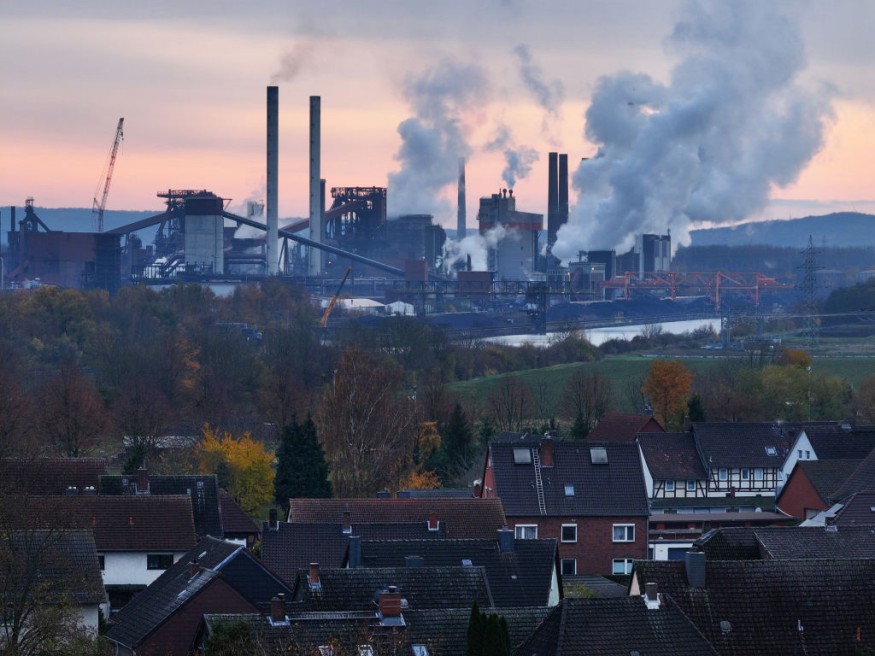
Experts said that climate change has been considered as the single biggest health threat that is facing the humanity.
According to the World Health Organization, extreme heat, air pollution and the increasing spread of deadly infectious diseases are among the reasons why climate change was deemed as the single biggest health threat facing human beings.
Experts from the WHO highlighted the actions needed to ensure that people's health is fully prioritized and integrated into the national plans needed to fight and address climate change.
They pointed out that climate change has already harmed human health and wellbeing.
Human Health at Risk
Officials said that the impacts of climate change on human health have been inescapable as seen in the illness caused by extreme climate events, the increased incidence and spread of vector-borne diseases, and the rise in cardiovascular and respiratory diseases caused by extreme heat and air pollution respectively.
"The health of humans and our planet are inextricably linked, and after years of promises rapid action is needed urgently to protect both," said Dr. Tedros Adhanom Ghebreyesus, WHO Director-General. "Only climate policies driven by health outcomes will result in the action needed to save lives, prevent disease, and build healthier, fairer societies.''
So far, there has been ignificant progress in the integration of health into nationally determined contributions (NDCs) and long-term low emissions and development strategies (LT-LEDS), which were the main policy instruments to reduce emissions and build climate resilience as set out by the Paris Agreement.
The WHO noted that 91% of the available NDCs now include health considerations, compared to 70% of those reporting in 2019.
When compared to previous rounds of national climate plans, health-inclusive and health-promoting climate targets and policies are increasingly being developed for mitigation, adaptation, means of implementation, loss and damage, and long-term sustainable development strategies.
Despite this progress, there seems to have remained huge gaps in the action being taken to address the climate change and its impacts.
According to WHO, ambitious action on air pollution will save lives, yet only 16% of NDCs include standalone targets, measures or policies to reduce air pollution.
Pollution and Heat
Experts said that air pollution is one of the greatest environmental risks to health.
They said that ambient or outdoor and household air pollution together cause around seven million premature deaths each year from ischemic heart disease, stroke, lung cancer and respiratory diseases like asthma and pneumonia, which disproportionately affects children in low- and middle-income countries.
Meanwhile, heat is also believed to have caused more than 70,000 deaths in Europe during summer last year, researchers said this week, revising the previous number up from 62,000.
Officials said that more droughts will also cause rising hunger. Under the scenario of 2°C warming by the end of the century, 520 million more people will experience moderate or severe food insecurity by 2050.
Meanwhile, other extreme weather events such as storms, floods and fires will continue to threaten the health of people across the world.
Related Article : Climate Change: Extreme Heat Increases Mental Health Issues
© 2025 NatureWorldNews.com All rights reserved. Do not reproduce without permission.




